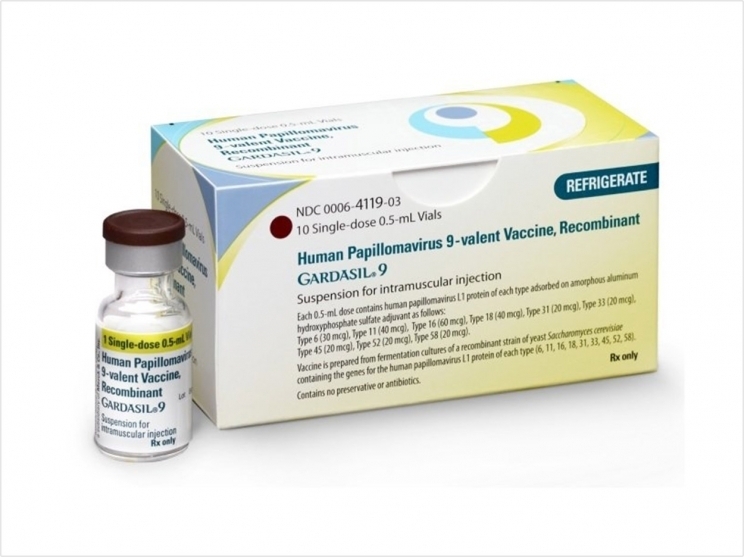
A coalition of doctors and scientists representing 71 National Cancer Institute (NCI) designated Cancer Centers and other organizations is urging the nation’s physicians, parents, and young adults to get human papillomavirus (HPV) vaccination efforts back on track.
Dramatic drops in annual well visits and immunizations during the COVID-19 pandemic have caused a significant vaccination gap and lag in vital preventive services among children and adolescents in the United States, the coalition said, especially for the HPV vaccine.
Nearly 80 million Americans or one out of every four people are infected with HPV, which causes oral and other cancers, the coalition said. More than 36,000 people will be diagnosed with an HPV-related cancer this year, the coalition continued.
However, HPV vaccination rates remain significantly lower than other recommended adolescent vaccines in the United States, the coalition said, as well as far behind other vaccines and other countries’ HPV vaccination rates.
According to the Centers for Disease Control and Prevention (CDC), 54% of adolescents in the United States are up to date on the HPV vaccine. But early in the pandemic, rates among adolescents fell by 75%, resulting in a large cohort of unvaccinated children, the coalition said.
Since March 2020, the coalition said, about a million doses of HPV vaccine have been missed by adolescents with public insurance, which is a 21% decline over pre-pandemic levels.
“For many, the pandemic has disrupted routine immunizations,” said Roy Jensen, MD, director of the University of Kansas Cancer Center. “Missed vaccinations put children at risk for serious and preventable diseases.”
“The HPV vaccine is an important way to prevent infection and the spread of HPV,” said Ze’ev Ronai, PhD, director of the Sanford Burnham Prebys NCI-designated Cancer Center, which is part of the coalition.
“The vaccine could also prevent more than 90% of the cancers caused by HPV, and getting vaccinated in childhood can prevent many of these cancers later in life. It’s important that we stay on the course of vaccinated all eligible adolescents to prevent unnecessary cancers,” Ronai said.
“Well-child visits are down. Usual back-to-school vaccination activity for adolescents has been limited by virtual and hybrid learning. It is crucial that we get back on track as a nation with adolescent vaccination to ensure we protect our children and communities,” said Heather Brandt, PhD, director of the HPV Cancer Prevention Program at St. Jude Children’s Research Hospital and coordinator of the joint statement from NCI-designated Cancer Centers.
“The pandemic has already had an enormous impact on our overall health, which will be felt for years to come. We mustn’t let it further delay vital preventive care for our children,” said Jensen.
The United States has recommended routine HPV vaccination for females since 206 and for males since 2011. Current recommendations are for routine vaccination at ages 11 or 12 or starting at age 9. Catch-up HPV vaccination is recommended through age 26.
NCI Cancer Centers strongly encourage parents to educate their adolescents as soon as possible. The CDC recently authorized COVID-19 vaccination for 12- to 15-year-old children, allowing for missed doses or routinely recommended vaccines including HPV to be administered at the same time.
Also, NCI Cancer Centers strongly urge action by healthcare systems and healthcare providers to identify and contact adolescents due for vaccinations and to use every opportunity to encourage and complete vaccination.
Related Articles
Dental Professionals Should Remember the HPV Vaccine Too
Learning Hub Helps Dental Professionals Screen for Oral Cancer
Only 16% of Young Men Have Gotten the HPV Vaccine











